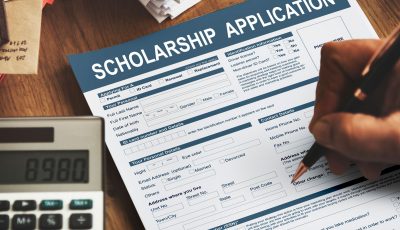Torres seeks comments from biz community on sugar tax
Comments from the business community is being sought by Gov. Ralph DLG Torres regarding the proposed sugar tax law which is now on the governor’s desk after being passing by the Legislature last week.
Saipan Chamber of Commerce secretary and Government Relations Committee member Alex Sablan urged fellow chamber members to submit their comments on the proposed law at their general monthly meeting at the Saipan World Resort yesterday.
“The governor is asking for specific response on the proposed sugar tax, House Bill 19-99,” Sablan said.
He added that the governor needs to hear from the business community their recommendations.
He also added that the proposed tax hopefully “will be a penny instead of 4 cents as a compromise.”
Sablan also added that an incremental increase may be an option to look at as it can be absorbed more than the 800-percent increase on the specific product.
HB 19-99 or “To assess a health impact tax on sugar-sweetened beverages and sugar-sweetened concentrate, for the prevention of non-communicable diseases in the CNMI; to create a Special Healthcare Impact Act” passed the House after a 10 “yes” votes and eight “no” votes.
Prior to the bill passing the Legislature, the Chamber has submitted their comments as an organization to the author of the bill as well as to Torres.
In a position paper sent to Ogumoro last October, the Chamber and its Government Relations Committee has stated that they are “not in favor” of HB 19-99.
“While a Special Healthcare Impact Account may seem a worthwhile idea, it will not fix the substantial needs of our island’s only hospital. The Chamber urges the government return to operating the hospital again, and to help subsidize the medical care provided at the hospital for island residents,” the Chamber said.
A succeeding position paper last month stressed further that they are “strongly opposed to this bill” adding that it would substantially increase the cost of not only soda drinks, but also carbonated fruit juices, iced teas, and other products.
“We believe that the way to change consumer behavior is to educate, not to penalize. Our island has a significant low-income population and this effect of this bill will take more of their meager income for the cost of everyday needs. These beverages are not the only foods that are unhealthy for consumption. Will other food products also become subject to tax?” the Chamber said.
“The SCC believes that this bill reaches too far into regulating personal consumption, and hope that the legislators find alternatives that will educate the public on good food choices and on healthier lifestyles,” it added.



























